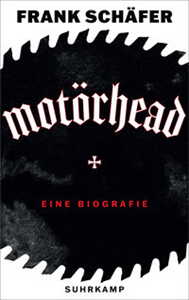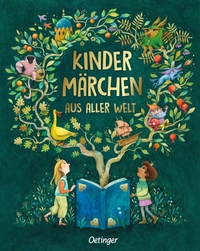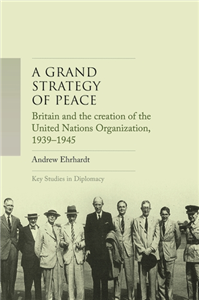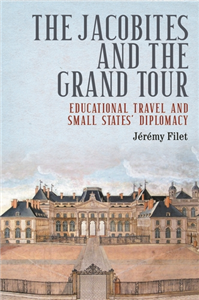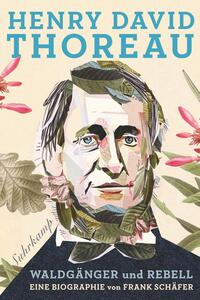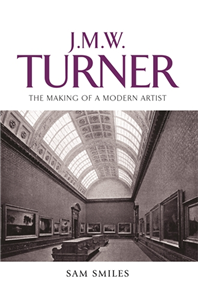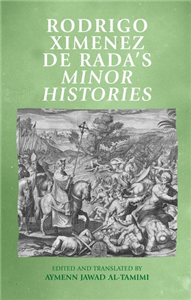Waldgänger und Rebell. Eine Biographie
Am 12. Juli 2017 jährt sich der 200. Geburtstag von Henry David Thoreau (1817–1862), dem Aussteiger, Naturfreund, störrischen und faszinierenden Freigeist und Rebellen – der zum amerikanischen Nationalheiligen wurde. Aus diesem Anlass erscheint jetzt die erste umfassende deutsche Biographie.
Wer war dieser Mensch, der, aufgewachsen als Sohn eines Bleistiftfabrikanten, in Harvard alte Sprachen studierte und die antiken Klassiker im Original las? Seine Karriere als Lehrer aufs Spiel setzte, weil er sich weigerte, seine Schüler mit dem Rohrstock zu malträtieren. Der sich, ein 28-jähriger menschenscheuer Junggeselle, zwei Jahre, zwei Monate und zwei Tage in eine selbstgebaute Blockhütte am Waldensee zurückzog, um außerhalb aller gesellschaftlicher Konventionen zu leben, und darüber ein Buch schrieb, das bis heute Pflichtlektüre für jeden Amerikaner geblieben ist: Walden. Der lieber ins Gefängnis ging, als die USA mit Steuergeldern für ihre Sklavenpolitik und den expandierenden Mexiko-Krieg zu unterstützen, und darüber sein Traktat »Über die Pflicht zum Ungehorsam gegen den Staat« verfasste, das zum Kanon politischer Protestliteratur gehört, das Mahatma Gandhi als Lehrbuch an seine Schüler verteilte, das Martin Luther King und die amerikanische Bürgerrechtsbewegung im Marschgepäck trugen und das die Occupy-Bewegung heute für sich entdeckt hat.Frank Schäfers wissenschaftlich fundierte, spannend erzählte Biographie des einflussreichen Denkers, Politikers und Schriftstellers beantwortet diese Fragen. Er zeichnet das Porträt eines Mannes, dessen »Experimente« und Bücher die Welt verändert haben und heute aktueller denn je sind.






